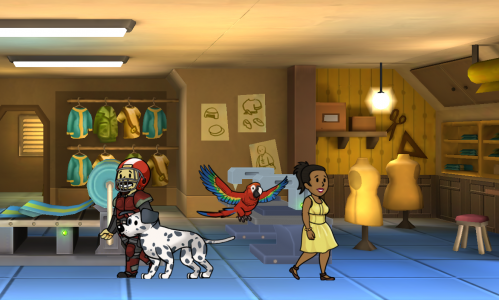


The study focused on the effect of the COVID-19 pandemic on the volume of surgical procedures performed by spay-neuter clinics, says lead author Simone Guerios, a clinical assistant professor of shelter medicine at the University of Florida. The impact-felt both at community shelters and veterinary clinics-includes sharp declines in spay-neuter surgeries after the initial pandemic-triggered lockdowns, followed by staffing shortages in clinics and shelters, overcrowding, and lagging pet adoption rates.Īll of these problems are compounded by a nationwide shortage of veterinarians, which has been felt even more acutely in shelters and spay-neuter clinics, according to the study in Frontiers of Veterinary Science. Progress made over decades to control overpopulation of dogs and cats through high-volume spay-neuter surgeries is now at risk thanks to the ongoing pandemic, the researchers say. The findings come from a new study of over 200 clinics from 2019 to 2021. There are almost three million missing neuter/spay surgeries in the US due to the COVID pandemic, researchers report.Īlong with veterinarian and staff shortages, the missing surgeries are contributing to widespread overcrowding at pet shelters.


 0 kommentar(er)
0 kommentar(er)
